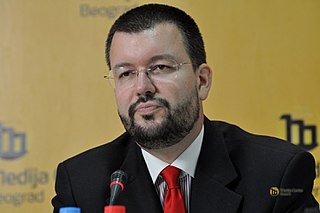 W
WČedomir Antić is a Serbian historian and political activist.
 W
WMarko Atlagić is a Croatian-born, Serbian historian and politician. He is one of the leaders of the Serbian Progressive Party (SNS) and Head of the Historical Department at the Faculty of Philosophy at the University of Priština in North Mitrovica, with auxiliary historical sciences as his preferred field.
 W
WMiloš Blagojević was a Serbian historian and member of the Serbian Academy of Science and Arts (SANU). After he completed high school in Vršac he graduated on military academy in Split in 1951. Because of political reasons he was unable to continue with military career so he graduated Belgrade Faculty of Philosophy in 1960.
 W
WĐorđe Branković was a Transylvanian Serb diplomat, writer, and self-proclaimed descendant of the medieval Serbian Branković dynasty. He served as the agent representing the ruler of Transylvania at the Ottoman Porte. In 1680, he moved to Wallachia, whose ruler sent him as an emissary to the Habsburg Emperor Leopold I in 1688. That year, the emperor conferred the title of Imperial Count on Branković. After Habsburg troops captured parts of Serbia from the Ottoman Empire during the Great Turkish War, Branković attempted to restore the medieval Serbian state with him as its hereditary ruler. His venture failed in its inception, and Habsburg authorities arrested him in 1689. He lived on as a captive in Vienna and Cheb, though he was not held in a prison. He wrote the Slavo-Serbian Chronicles, which was influential in the development of early modern Serbian historiography.
 W
WVeselin Čajkanović was a Serbian classical scholar, philosopher, ethnologist, religious history scholar, and Greek and Latin translator.
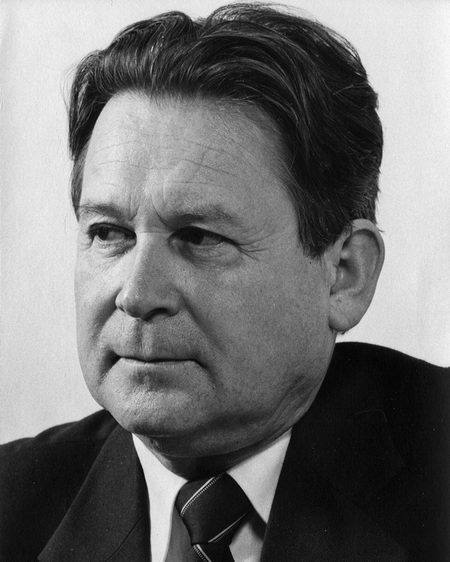 W
WSima Ćirković was a Yugoslav and Serbian historian, member of the Serbian Academy of Science and Arts. He was also a member of the Academy of Sciences and Arts of Bosnia and Herzegovina, Montenegrin Academy of Sciences and Arts, Yugoslav Academy of Sciences and Arts and the Vojvodina Academy of Sciences and Arts. His works focused on medieval Serbian history.
 W
WVladimir Ćorović was a Serbian historian, university professor, author, and academic. His bibliography consists of more than 1000 works. Several of his books on the history of Serbs, Bosnia, Yugoslavia and Herzegovina uprising are considered to be definitive works on the subject.
 W
WVaso Čubrilović was a Bosnian Serb scholar and politician. As a teenager, he joined the South Slav student movement known as Young Bosnia and was involved in the conspiracy to assassinate Archduke Franz Ferdinand of Austria on 28 June 1914. His brother, Veljko, was also involved in the plot. Čubrilović was convicted of treason by the Austro-Hungarian authorities and given a sixteen-year sentence; his brother was sentenced to death and executed. Čubrilović was released from prison at war's end and studied history at the universities of Zagreb and Belgrade. In 1937, he delivered a lecture to the Serbian Cultural Club in which he advocated the expulsion of the Albanians from Yugoslavia. Two years later, he became a history professor at the University of Belgrade. Following the Axis invasion of Yugoslavia in April 1941, Čubrilović was arrested by the Germans and sent to the Banjica concentration camp, where he remained imprisoned for much of the war.
 W
WJovan I. Deretić is a Serbian publicist and writer. Deretić is an engineer by training, but is mainly noted for his historical theories. He is the proponent of an alternative history of the Serbs that asserts a larger role in history than described by historians. He is sometimes confused with distinguished literary historian Jovan Deretić.
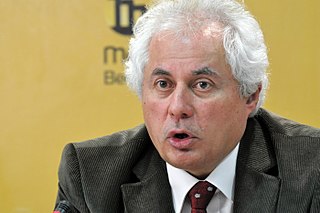 W
WLjubodrag Dimić is a Serbian historian, university professor and since 2012 member of Serbian Academy of Sciences and Arts. His primary fields of study are: history of former Yugoslavia, history of the Cold War, modern political, social and cultural history of Serbia and contemporary national history of Serbian people.
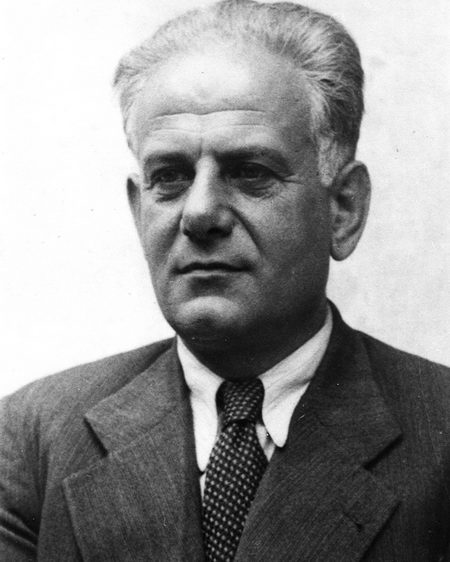 W
WMihailo Dinić was a Serbian historian and member of the Serbian Academy of Science and Arts. He was among the key figures of the Serbian historiography of the 20th century.
 W
WArchimandrite Nićifor Dučić, was a Bosnian Serb theologian, historian, philologist, archimandrite and writer.
 W
WDragomir Dujmov is a Serbian poet, novelist and short story writer from Hungary.
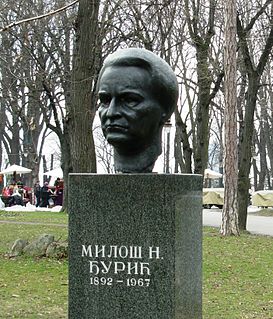 W
WMiloš N. Đurić, was a Serbian classical philologist, hellenist, classical translator, philosopher, university professor and a full member of Serbian Academy of Sciences and Arts. Đurić's textbooks and translations of classic literary works such as the Iliad, the Odyssey and Poetics are still in use. According to Dr. Ksenija Maricki Gađanski, Đurić's numerous contributions to Serbian culture puts him on a scale of earlier Serbian enlighteners such as Saint Sava and Dositej Obradović.
 W
WMilorad Ekmečić was a Yugoslav and Serbian historian. During World War II he became a member of the Yugoslav Partisans after the fascist Ustaše perpetrated the Prebilovci massacre, in which 78 members of his family were killed, including his father. He studied at the University of Zagreb and went on to be a professor at the University of Sarajevo, and later at the University of Belgrade. He was a member of several Yugoslav academies of sciences and arts, the author of more than a dozen historical books, and received several significant national awards. Ekmečić authored several important works in socialist Yugoslavia, including his contribution to the acclaimed History of Yugoslavia published in English in 1974, and Stvaranje Jugoslavije 1790–1918 [Creation of Yugoslavia 1790–1918] in 1989.
 W
WBožidar Ferjančić was a Serbian historian, a specialist in medieval Serbian history and the later Byzantine empire. He was member of the Serbian Academy of Sciences and Arts.
 W
WAndra Gavrilović was Serbian historian, historian of literature, writer and diplomat.
 W
WMihailo Gavrilović, , was a Serbian historian and diplomat.
 W
WMilan Grol was a Serbian literary critic, historian and politician. He was also director of the National Theatre of Serbia.
 W
WAndrej Grubačić is a US-based Yugoslav world-systems historian, Balkan federalist, and Anthropology Professor who has written on autonomous zones and mutual aid in world history. He currently serves as editor of the Journal of World-Systems Research, an official journal of the American Sociological Association and published by the University Library System, University of Pittsburgh. He is the grandson of Ratomir Dugonjić, Yugoslav partisan leader and communist revolutionary. One of the leading contemporary theorists of anarchism, Grubačić was a prominent member of the now defunct antiglobalization or global justice movement. Grubačić is a long standing friend of the Kurdish freedom movement and one of the most prominent supporters of the democratic revolution in the Kurdish region in Syria, also known as Rojava. His writings and interests range from comparative world history of exilic ("non-state") spaces and autonomous zones to the neo-marxist world-systems analysis, and from comparative historical sociology to the history of mutual aid. He is an active participants in the World-Ecology, and social science editor at PM Press. He taught at the University of Rojava in Qamislo, and he is an affiliated Faculty in Residence with the UC Berkeley Center for Social Medicine.
 W
WJovan Hadži-Vasiljević was a Serbian historian, ethnographer, journalist and writer. Hadži-Vasiljević was born in Vranje, at the time part of the Sanjak of Niš of the Ottoman Empire until it was captured by the Serbian Army in 1878. His father was Hadži Vasilije of the Pogačarević family, and his mother Katerina was the daughter of the churchwarden (ikonom) of Kumanovo, Dimitrije Mladenović (1794–1880). The Pogačarević family hailed from Rakovac, having settled in Vranje at the end of the 18th century. He finished primary school in Vranje, gymnasium in Vranje and Niš, and the Great School in Belgrade at the History and Philology faculties. He received his Philosophy doctorate at the University of Vienna in 1898. As an official of the Ministry of Foreign Affairs he served from 1898 to 1904 in Bitola, Skopje and Belgrade. After he left the civil service in 1904, he was the secretary of the Society of Saint Sava until 1940. Throughout his life he worked for the national enlightenment of Serbs in the Ottoman Empire. He participated in the Balkan Wars and the First World War. He retreated with the Second Morava Division through Albania, which he described. Hadži-Vasiljević wrote extensively on history, geography and ethnology. The high value of his work is due to the basis on field research, especially in the areas of Old Serbia and Macedonia. He wrote over 200 historical and ethnographical works about those regions. He was the editor of the Brastvo journal of the Society of Saint Sava.
 W
WIvan Ivanić was a Serbian diplomat of the Kingdom of Serbia and author of numerous ethnographical works about Serbia and the Balkans. He also wrote travel literature about the region of Old Serbia.
 W
WMiroljub Jevtić is Serbian Politologist of religion and professor at the Faculty of Political Science, University of Belgrade.
 W
WLjubomir Jovanović was a Serbian politician and historian. He was a professor at the University of Belgrade since its establishment in 1905, a member of the SKU, Minister of Education, Minister of Internal Affairs and member of the State Council.
 W
WSlobodan Jovanović was a Serbian historian, lawyer, philosopher, literary critic and politician, and one of the most prominent intellectuals of his time. He was the professor at the University of Belgrade Faculty of Law (1897—1940), Rector of the University of Belgrade, and the President of the Serbian Royal Academy (1928–1931). He took part at the Paris Peace Conference (1919) as an expert for the Yugoslav Government.
 W
WDesanka Kovačević-Kojić, born on October 3, 1925, in Sarajevo, then a part of the Kingdom of Serbs, Croats, and Slovenes, is a Bosnian medievalist, specialized in the medieval history of Serbia and Bosnia, and in particular urban history, trade and commercial relations.
 W
WMiloš Ković, is a Serbian historian and university professor at Faculty of Philosophy, University of Belgrade.
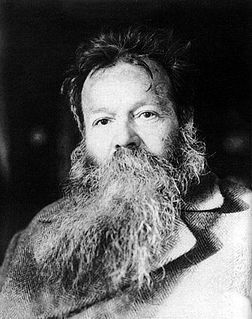 W
WDragutin "Dragiša" Lapčević was a Serbian politician, journalist, and historian. He was one of the founders, alongside Dimitrije Tucović, of the Serbian Social Democratic Party, that supported a Balkan Federation during the Kingdom of Serbia.
 W
WLazar Arsenijević Batalaka was a Serbian participant in the First Serbian Uprising and later a state adviser, diplomatic representative of Serbian to Constantinople, Minister of Justice and Minister of Education and a historian.
 W
WMilo Lompar is a Serbian literary historian, professor at the Faculty of Philology, University of Belgrade, writer, president of the Miloš Crnjanski Endowment and former director general of Politika.
 W
WGeorgije Magarašević, was a Serbian writer, historian, bibliographer, editor and publisher, dramatist, translator and collector of folk proverbs. He belongs to the same generation of Serbian writers as Dimitrije Davidović, Teodor Pavlović, Danilo Medaković, all of whom expressed in some degree their indebtedness to Dositej Obradović and Vuk Karadžić.
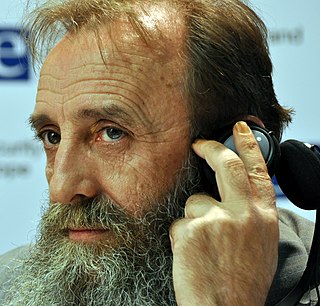 W
WPredrag Marković is a Serbian politician, author and historian.
 W
WDejan Medaković was a Serbian art historian, writer and academician. Medaković had served as President of the Serbian Academy of Sciences and Arts from 1998 to 2003, as Dean of the University of Belgrade Faculty of Philosophy (1971–1973), and was a member of the Matica srpska as well as other scholarly associations.
 W
WRade Mihaljčić was a Serbian historian and academic. Most of his works deal with medieval Serbia, especially the Serbian empire and the Battle of Kosovo.
 W
WČedomilj Mijatović was a Serbian statesman, political economist, historian, writer, politician, diplomat and one of the leaders of the Progressive Party. He was six times minister of Finance in the Principality/Kingdom of Serbia, three time minister of foreign affairs and minister plenipotentiary in Serbia to the Court of St James's, to Romania (1894), and the Ottoman Empire (1900). He is one of the most important liberals in history of Serbian politics. Mijatović's authority as a writer on Serbia is universally acknowledged, and he had contributed largely to the Encyclopædia Britannica, Ninth Edition (1875–1889) and Eleventh Edition (1911).
 W
WNikodim Milaš was a Serbian Orthodox Church bishop in Dalmatia. He was a writer and arguably the greatest Serbian expert on Orthodox church law and the Slavic world. As a canon lawyer in Dalmatia, he defended the Serbian Orthodox Church against the State. He was a polyglot, fluent in German, Italian, Latin, Russian, Greek, and Old Slavonic, and an author of numerous books.
 W
WAntun Miletić is a Serbian historian.
 W
WMilan Đakov Milićević was a Serbian writer, biographer, publicist, ethnologist and one of the founders of the Association of Writers of Serbia.
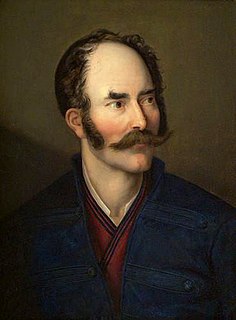 W
WSimeon "Sima" Milutinović "Sarajlija" was a poet, hajduk, translator, historian and adventurer. Literary critic Jovan Skerlić dubbed him the first Serbian romantist.
 W
WMiodrag Ibrovac was a Serbian and Yugoslav literary historian, novelist, academic and professor at the University of Belgrade.
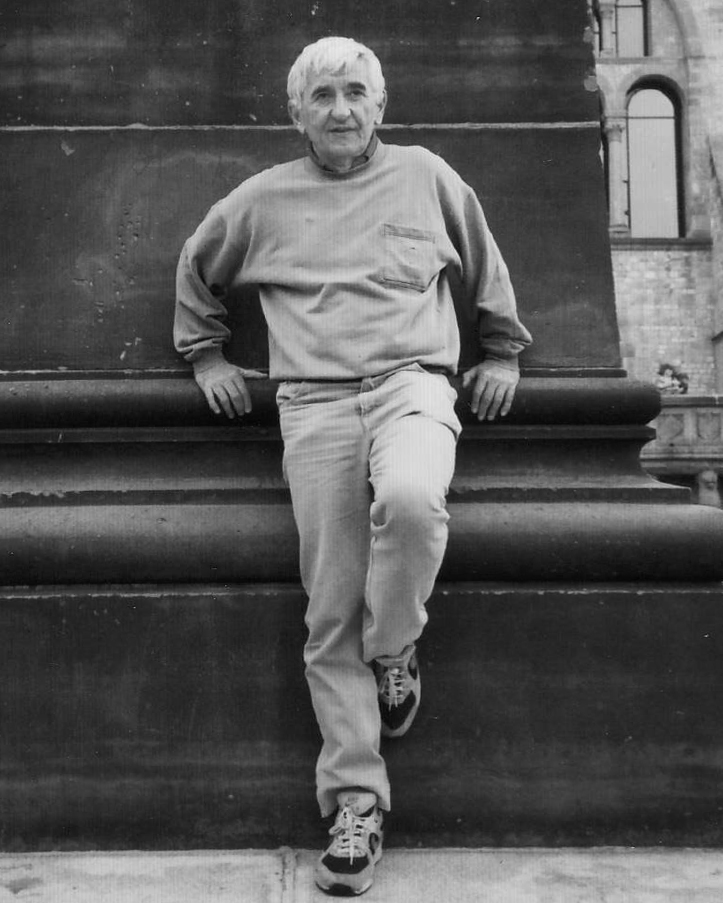 W
WAndrej Mitrović was a Serbian historian, corresponding member of the Serbian Academy of Science and Arts and member of the Montenegrin Academy of Sciences and Arts. He was one of the best-known Serbian academics of the 20th century.
 W
WMateja Nenadović, also known as Prota Mateja, was a Serbian archpriest, writer, and a notable leader of the First Serbian Uprising who served as the first Prime Minister of Serbia from 1805 to 1807.
 W
WStojan Novaković was a Serbian politician, historian, diplomat, writer, bibliographer, literary critic, literary historian, and translator. He held the post of Prime Minister of the Kingdom of Serbia on two occasions, post of minister of education on three occasions, minister of interior on one occasion and leading the foremost liberal political party of that time in Serbia, the Progressive Party. He was also one of the most successful and skilled Serbian diplomats, holding the post of envoy to Constantinople, Paris, Vienna and Saint Petersburg.
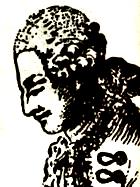 W
WZaharije Orfelin was a Serbian polymath who lived and worked in the Austrian Monarchy and Venice. Described as a Renaissance man, he was an educator, theologist, administrator, poet, engraver, lexicographer, herbalist, historian, translator, editor, publisher, polemicist, polyglot, a prominent oenologist, and traveler. His nephew is the painter Jakov Orfelin.
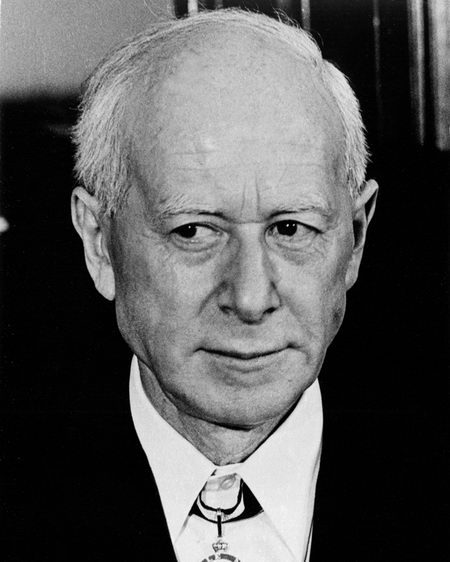 W
WGeorgiy Aleksandrovich Ostrogorskiy, known in Serbian as Georgije Aleksandrovič Ostrogorski and English as George Alexandrovich Ostrogorsky, was a Russian-born Yugoslavian historian and Byzantinist who acquired worldwide reputations in Byzantine studies. He was a professor at the University of Belgrade.
 W
WFanula Papazoglu was a Yugoslav and Serbian classical scholar, epigrapher and academic. She was an expert in Ancient history of the Balkans. She founded the Centre for Ancient Epigraphy and Numismatics in 1970.
 W
WLatinka Perović is a Serbian historian and former politician. During the existence of the Socialist Federal Republic of Yugoslavia Perović was a secretary general of the League of Communists of Serbia in period between 1968−1972. In 1972 Federal League of Communists of Yugoslavia dismissed her from her position together with Marko Nikezić i Mirko Tepavac under the accusation that they are excessively liberal. Dismissal of Serbian "liberals" in 1972 followed an earlier dismissal of supposed Croatian "nationalists" of Croatian Spring.
 W
WBranko Petranović was a Serbian historian and a Belgrade University professor specializing in history of Yugoslavia.
 W
WMiodrag Popović was a Yugoslav and Serbian historian.
 W
WMilan St. Protić is a historian, politician and diplomat from Serbia. He was the Ambassador of Serbia to the United States, the Swiss Confederation and the Principality of Liechtenstein, and the Mayor of Belgrade.
 W
WBranka Prpa, is a historian, author, and former director of Belgrade's Historical Archives.
 W
WJovan Rajić was a Serbian writer, historian, traveller, and pedagogue, considered one of the greatest Serbian academics of the 18th century. He was one of the most notable representatives of Serbian Baroque literature along with Zaharije Orfelin, Pavle Julinac, Vasilije III Petrović-Njegoš, Simeon Končarević, Simeon Piščević, and others.
 W
WJovan Ristić, or Ristitch was a Serbian politician, diplomat and historian.
 W
WDimitrije "Mita" Ruvarac was Serbian historian, Orthodox priest, academic and publisher. He is known for being one of the most active publishers of his time. Ruvarac family immigrated to Syrmia in Austria-Hungary, today in Serbia, from the region between Bihać and Cazin, nowadays Bosnia and Herzegovina, then Ottoman Empire. German historian Leopold von Ranke was among the scholars who influenced Dimitrije Ruvarac the most.
 W
WIlarion (Jovan) Ruvarac was a Serbian historian and Orthodox priest, a member of the Serbian Academy of Sciences and Arts. Ruvarac introduced the critical methods into Serbian historiography. He was archimandrite of Grgeteg monastery. His three brothers were all distinguished—the eldest, Lazar Ruvarac, as a high government official; the second, Kosta Ruvarac (1837–1864), as a writer and literary critic; and the youngest, Dimitrije Ruvarac, as a historian, Orthodox clergyman, politician and one of the most active publishers of his time.
 W
WDragoslav Srejović was a Serbian archaeologist, cultural anthropologist and historian. He was the main contributor to the exploration of the Lepenski Vir archaeological site.
 W
WStanoje Stanojević was a Serbian historian, university professor, academic and a leader of many scientific and publishing enterprises.
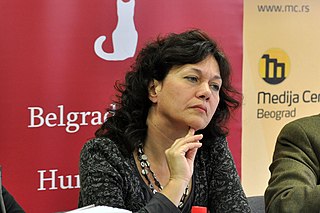 W
WDubravka Stojanović is a Serbian historian, and professor at University of Belgrade Faculty of Philosophy. She worked on issues of democracy in Serbia and in the Balkans in the late 19th and early 20th centuries, interpretations of history in new Serbian textbooks, social history, the process of modernization, and the history of women in Serbia. She also consults the United Nations on the misuses of history in education. In 2017, she has signed the Declaration on the Common Language of the Croats, Serbs, Bosniaks and Montenegrins.
 W
WSrđa Trifković, also known as Srdja Trifković and Serge Trifkovic, is a Serbian-American writer on international affairs and foreign affairs editor for the paleoconservative magazine Chronicles. He was director of the Center for International Affairs at the Rockford Institute until his resignation on 31 December 2008. Trifković was an unofficial spokesman for the Republika Srpska government in the 1990s and a former adviser to Serbian president Vojislav Koštunica and Republika Srpska president Biljana Plavšić.
 W
WDušan D. Vuksan was a Serbian pedagogue, historian, editor and prominent representative of Montenegrin historiography in Yugoslavia during the interwar period.